
All


Literasi kesehatan penting untuk cegah s...

Telemedicine WA-TESTA: Pendampingan Cerd...
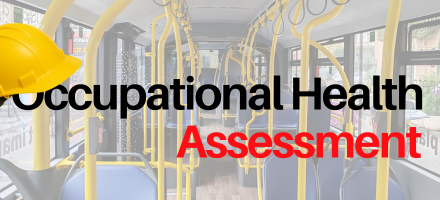
Di Balik Setir: Potret Kesehatan Pengemu...

Para Pengurai Mini: Solusi Alami untuk L...
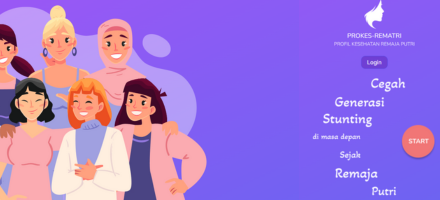
Prokes Rematri : Inovasi Digital untuk M...
Mematahkan Keheningan: Perlunya Orang Tu...

Tanah Jatibarang mengandung mikroplastik...

Sanitasi dan Kenyamanan di Tempat Wisata...

“Melek Gerak, Melek Jiwa: Mengapa Litera...

Literasi TB: Vaksin Sosial melawan TBC

Label Gizi: Ada tapi sering diabaikan, B...

Apakah SatuSehat Mobile digunakan? Memba...

Mengusir Hoax dari Dunia Kesehatan: Perj...

Deteksi Dini Kanker menggunakan Aplikasi...

Media Literacy: Perisai untuk Anak Muda ...

Vape: Asap Rasa Buah yang Menyesatkan, A...

Di Balik Iklan yang Menggoda: Strategi I...
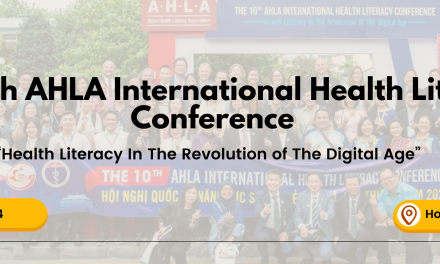
UDINUS TERPILIH SEBAGAI VICE PRESIDENT P...
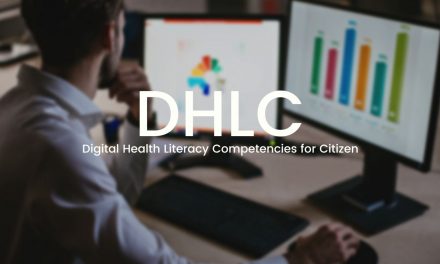
Fakultas Kesehatan UDINUS Kembangkan Ins...
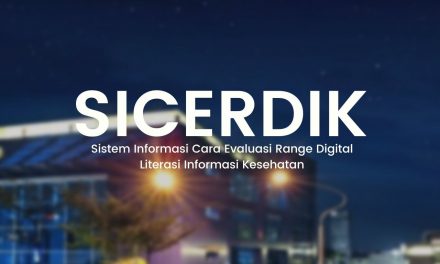
SICERDIK: Rujukan Untuk Para Peneliti Li...

ASIAN HEALTH LITERACY ASSOCIATION (AHLA)...

29 Oktober: Hari Stroke Sedunia

The 8th Asian Health Literacy Internatio...
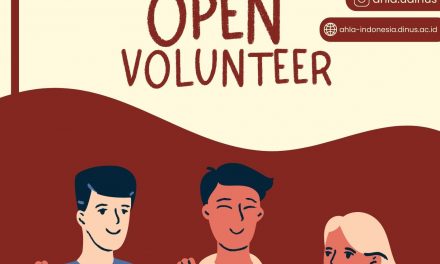
AHLA OPEN VOLUNTEER
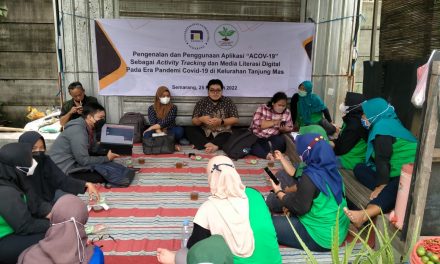
Pengenalan dan Penggunaan Aplikasi ACOV-...
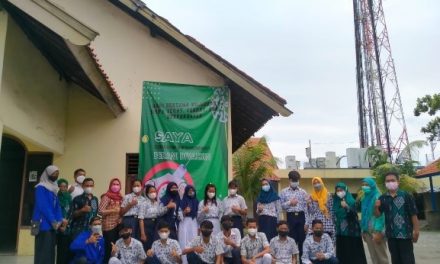
Edukasi Vaksin Covid-19 Sebagai Upaya Pe...

PENINGKATAN LITERASI DAN SOFT SKILL MENO...
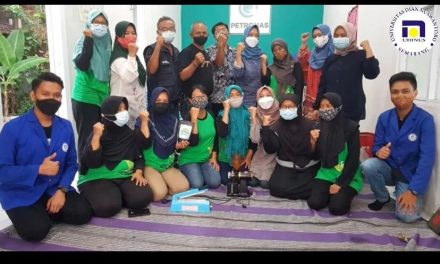
IBM Peningkatan Mutu dan Kualitas Produk...
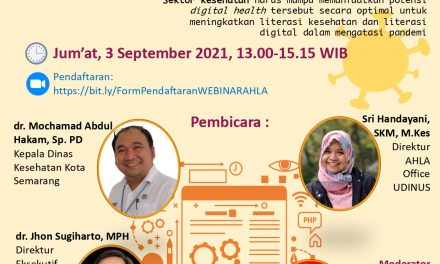
Seminar Daring: Optimalisasi Potensi Dig...
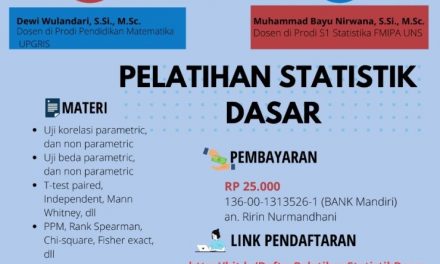
Mini Course Series 3, sebuah solusi untu...
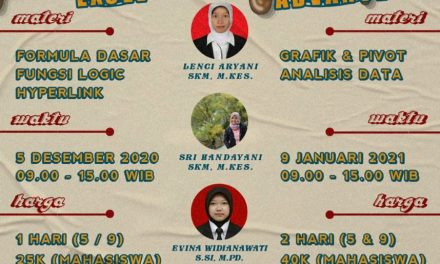
AHLA UDINUS adakan Mini-Course “Dasar Ex...
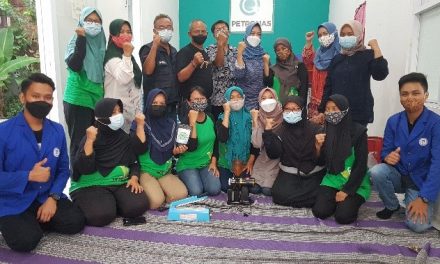
PEMBERDAYAAN MASYARAKAT PENGOLAHAN AIR S...
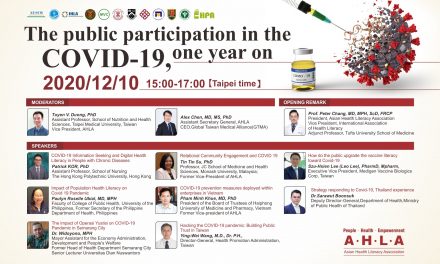
The public participation in the COVID-19...
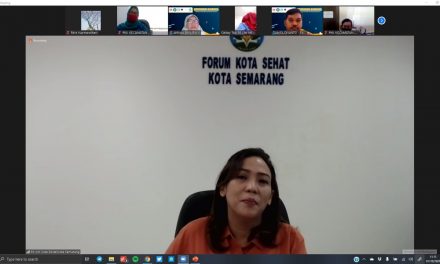
AHLA-UDINUS SUKSES GELAR SEMINAR DARING ...
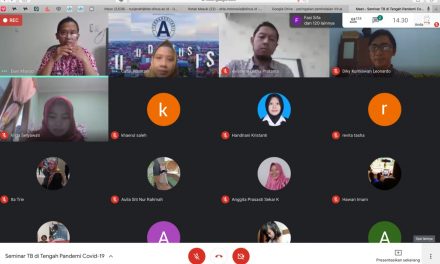
TB Ditengah Pandemi COVID-19
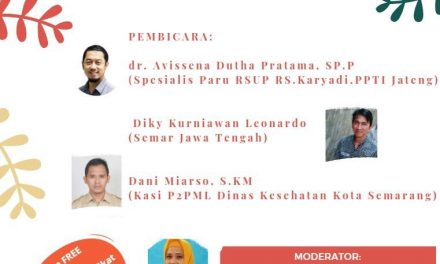
BAGAIMANA PENGOBATAN PASIEN TB DI ERA PA...
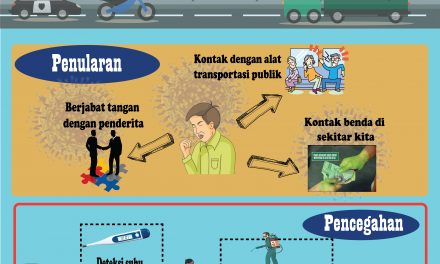
Deal with COVID-19 pada Transportasi Umu...

Melawan Kebingungan: Respon Terhadap Pen...
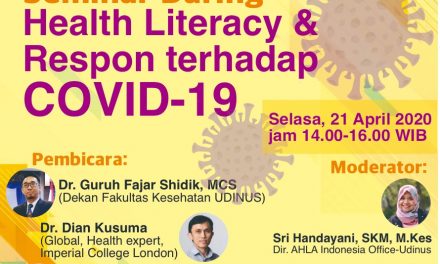
Rangkuman Seminar Daring Health Literacy...

Seminar Daring Health Literacy dan Respo...

Bantu Lawan Virus Corona, AHLA Udinus be...
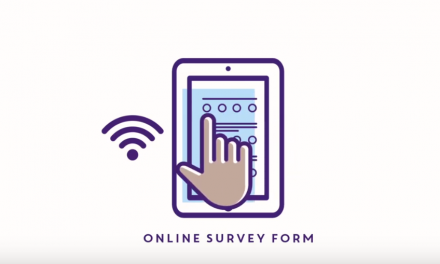
CAPI: Metode Survei Literasi Kesehatan d...
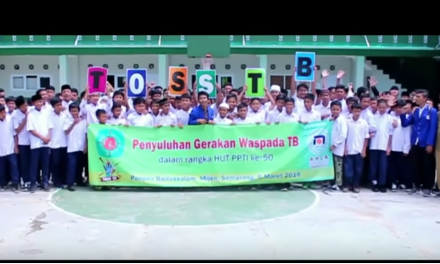
Health Literacy: Bridging the Cultures
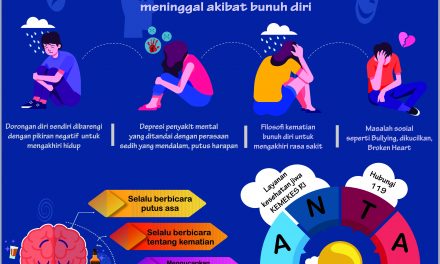
Depresi
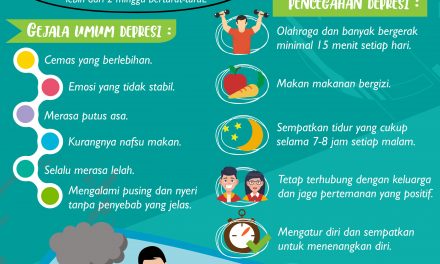
Jalani Dengan Santai
All
PopularJalani Dengan Santai
Gejala dan Solusi untuk Depresi Kesehatan mental akhir-akhir ini menjadi isu yang perlu mendapat...
All
Top RatedAHLA Udinus Gandeng Tanjung Mas sebagai Kelurahan Literasi
Kegiatan sosialisasi bertemakan Health Literasi yang diadakan pada hari Selasa, 28 Januari 2020 telah sukses dilaksanakan. Meskipun acara dilaksanakan pada malam hari, ternyata sama sekali tidak menyurutkan semangat para...
All
LatestKeren Tanpa Asap: Melihat Ulang Fenomena Merokok Remaja
by ahla | Nov 30, 2025 | Digital Health Literacy, Environmental Literacy, Media Literacy, News | 0 |
🧑💼 Identitas Penulis Widya Ratna Wulan, S.KM., M.K.M Dosen Fakultas Kesehatan Universitas Dian...
-

Literasi kesehatan penting untuk cegah stunting
by ahla | Nov 30, 2025 | Media Literacy, News, Nutrition Literacy | 0 |
-

-
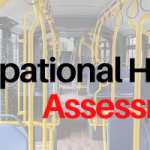
Keren Tanpa Asap: Melihat Ulang Fenomena Merokok Remaja
by ahla | Nov 30, 2025 | Digital Health Literacy, Environmental Literacy, Media Literacy, News | 0 |
🧑💼 Identitas Penulis Widya Ratna Wulan, S.KM., M.K.M Dosen Fakultas Kesehatan Universitas Dian...
Read MoreLiterasi kesehatan penting untuk cegah stunting
by ahla | Nov 30, 2025 | Media Literacy, News, Nutrition Literacy | 0 |
🧑💼 Identitas Penulis Dr. Ika Pantiawati, S.Si.T., M.Kes Dosen Fakultas Kesehatan Universitas Dian...
Read MoreTelemedicine WA-TESTA: Pendampingan Cerdas untuk Ibu dalam Mencegah Stunting
by ahla | Nov 30, 2025 | Digital Health Literacy, Media Literacy, Nutrition Literacy | 0 |
🧑💼 Identitas Penulis Dr. Ika Pantiawati, S.SiT., M.Kes Dosen Fakultas Kesehatan Universitas Dian...
Read MoreDi Balik Setir: Potret Kesehatan Pengemudi Bus Jawa Tengah yang Jarang Terungkap
by ahla | Nov 30, 2025 | Digital Health Literacy, Media Literacy, News | 0 |
🧑💼 Identitas Penulis Bayu Yoni Setyo Nugroho, S.KM., M.PH Dosen Fakultas Kesehatan Universitas...
Read MorePara Pengurai Mini: Solusi Alami untuk Limbah Masker
by ahla | Nov 30, 2025 | Environmental Literacy, News | 0 |
🧑💼 Identitas Penulis Dr. Adian Khoironi, S.T., M.Si Dosen Fakultas Kesehatan Universitas Dian...
Read MoreProkes Rematri : Inovasi Digital untuk Mencegah Stunting dengan Memberdayakan Remaja Putri
by ahla | Oct 28, 2025 | Digital Health Literacy, Media Literacy, News, Nutrition Literacy | 0 |
Oleh Dr.Vilda Ana Veria Setyawati, S.Gz , M.Gizi 🧑💼 Identitas PenulisDr. Vilda Ana Veria...
Read More
Recent Posts
- Keren Tanpa Asap: Melihat Ulang Fenomena Merokok Remaja
- Literasi kesehatan penting untuk cegah stunting
- Telemedicine WA-TESTA: Pendampingan Cerdas untuk Ibu dalam Mencegah Stunting
- Di Balik Setir: Potret Kesehatan Pengemudi Bus Jawa Tengah yang Jarang Terungkap
- Para Pengurai Mini: Solusi Alami untuk Limbah Masker

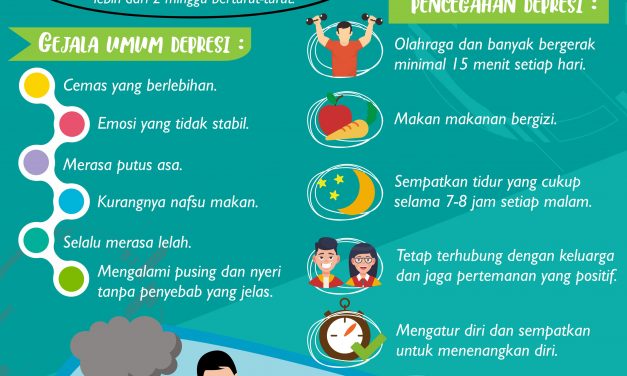
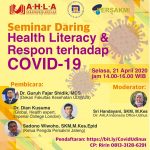
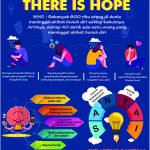
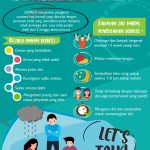
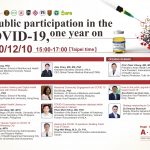
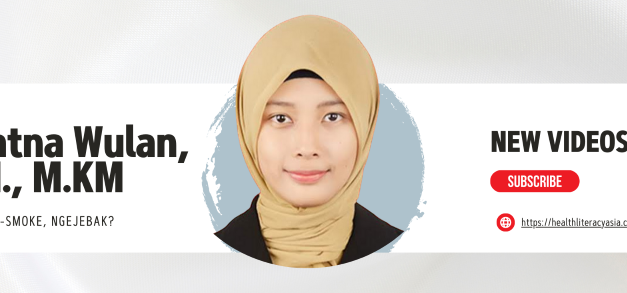




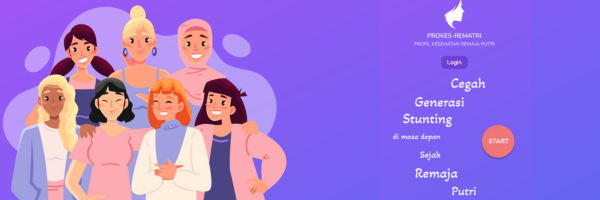

Recent Comments